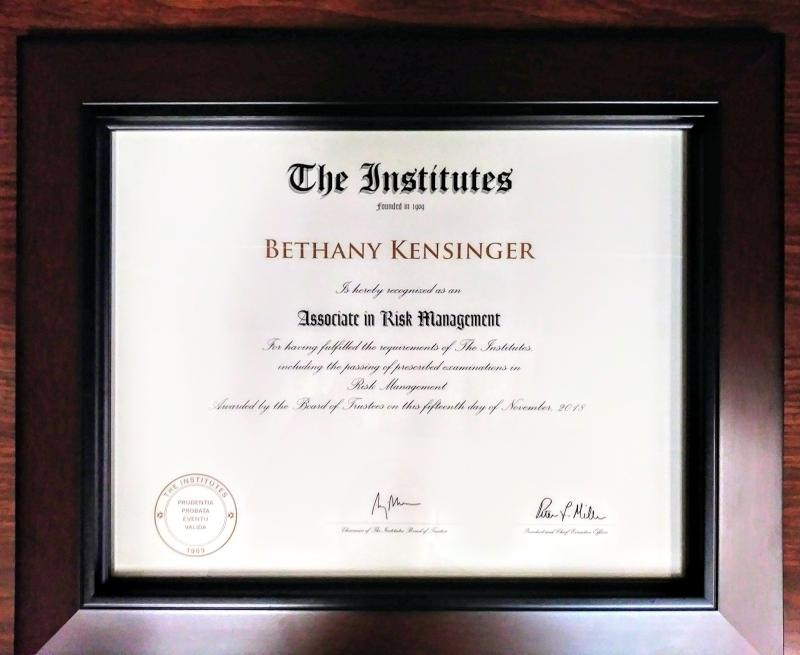
CSCMP is for Certified Systems and Communications Manager. It's a valuable certification for professionals in systems and communications. The CSCMP exam consists of 160 questions and takes four hours to complete. Pearson VUE is the independent testing company. Testing centers can be found worldwide. The test is proctored in person and awards pass/fail status.
Academic membership
Individuals in full-time academic positions in an accredited college or university can apply for academic membership in the CSCM. Membership requires $175 annually and offers opportunities to develop course content and participate in collaborative forums. The membership also gives members the opportunity to network with others in the field. For more information on how to become a member, contact us.
Membership dues
The Council of Supply Chain Management Professionals (CoSMP) is an organization that connects, educates, and develops supply chain professionals across the globe. For $149 you can join the group and receive access to many benefits and events for the members. Young professionals can sign up to a 6-month membership starting at $88 Both membership options expire August 31, 2021.
CSCMP membership gives you access to its resources, including research and surveys. Members are first to have access and take action on the research. Free webinars are offered by the organization. CSCMP members can find out more information about supply chain management as well as how to improve your business operations.

By passing the SCMP level 2 exam, you can become a CSCMP Member. Within one year of paying your membership fees, you can take this exam. A confirmation email will be sent to you approximately one week before your scheduled test date.
FAQ
What can a manager do to improve his/her management skillset?
Good management skills are essential for success.
Managers must continuously monitor the performance levels of their subordinates.
You must quickly take action if your subordinate fails to perform.
You should be able to identify what needs improvement and how to improve things.
What are the most common errors made by managers?
Sometimes managers make their job harder than they need to.
They may not delegate enough responsibilities to staff and fail to give them adequate support.
A majority of managers lack the communication skills needed to motivate their team and lead them.
Managers can set unrealistic expectations for their employees.
Managers might try to solve every problem by themselves rather than delegating the responsibility.
What is Six Sigma?
It's an approach to quality improvement that emphasizes customer service and continuous learning. This is an approach to quality improvement that uses statistical techniques to eliminate defects.
Motorola developed Six Sigma in 1986 to help improve its manufacturing processes.
The idea quickly spread in the industry. Many organizations today use six-sigma methods to improve product design and production, delivery and customer service.
What are your main management skills
No matter if they are running a local business or an international one, management skills are vital. They are the ability to manage people and finances, space, money, and other factors.
Managerial skills are required when setting goals and objectives and planning strategies, leading employees, motivating them, solving problems, creating policies, procedures, or managing change.
You can see that there are many managerial duties.
Statistics
- The BLS says that financial services jobs like banking are expected to grow 4% by 2030, about as fast as the national average. (wgu.edu)
- The profession is expected to grow 7% by 2028, a bit faster than the national average. (wgu.edu)
- Your choice in Step 5 may very likely be the same or similar to the alternative you placed at the top of your list at the end of Step 4. (umassd.edu)
- The average salary for financial advisors in 2021 is around $60,000 per year, with the top 10% of the profession making more than $111,000 per year. (wgu.edu)
- Our program is 100% engineered for your success. (online.uc.edu)
External Links
How To
How do you implement Quality Management Plans (QMPs)?
QMP (Quality Management Plan), introduced in ISO 9001,2008, provides a systematic method for improving processes, products, or services through continuous improvement. It helps to improve customer satisfaction and product/service quality by continuously measuring, analyzing, controlling and improving.
QMP is a standard way to improve business performance. QMP is a standard method that improves the production process, service delivery, customer relationship, and overall business performance. QMPs should encompass all three components - Products and Services, as well as Processes. When the QMP includes only one aspect, it is called a "Process" QMP. QMPs that focus on a Product/Service are known as "Product" QMPs. And when the QMP concentrates on Customer Relationships, it is called "Customer" QMP.
When implementing a QMP, there are two main elements: Scope and Strategy. They can be described as follows:
Scope: This describes the scope and duration for the QMP. If your organization wishes to implement a QMP lasting six months, the scope will determine the activities during the first six month.
Strategy: These are the steps taken in order to reach the goals listed in the scope.
A typical QMP is composed of five phases: Planning Design, Development, Implementation and Maintenance. Below is a description of each phase:
Planning: In this stage the QMP's objectives and priorities are established. All stakeholders involved in the project are consulted to understand their requirements and expectations. Next, you will need to identify the objectives and priorities. The strategy for achieving them is developed.
Design: This stage involves the creation of the vision, mission, strategies and tactics necessary to implement the QMP successfully. These strategies can be implemented through the creation of detailed plans.
Development: Here, the development team works towards building the necessary capabilities and resources to support the implementation of the QMP successfully.
Implementation: This refers to the actual implementation or the use of the strategies planned.
Maintenance: It is an ongoing process that maintains the QMP over time.
Additional items must be included in QMP.
Stakeholder Involvement: Stakeholders are important for the success of the QMP. They should be involved in planning, design, development and implementation of the QMP.
Project Initiation - A clear understanding of the problem statement, and the solution is necessary for any project to be initiated. This means that the initiator should know why they want something done and what they hope for from the end result.
Time Frame: This is a critical aspect of the QMP. For a short time, you can start with the simple version of the QMP. If you are looking for a longer-term commitment, however, you might need more complex versions.
Cost Estimation is another important aspect of the QMP. Planning is not possible without knowing the amount of money you will spend. Therefore, cost estimation is essential before starting the QMP.
QMPs are not just a written document. They should be a living document. It changes as the company grows. So, it should be reviewed periodically to make sure that it still meets the needs of the organization.